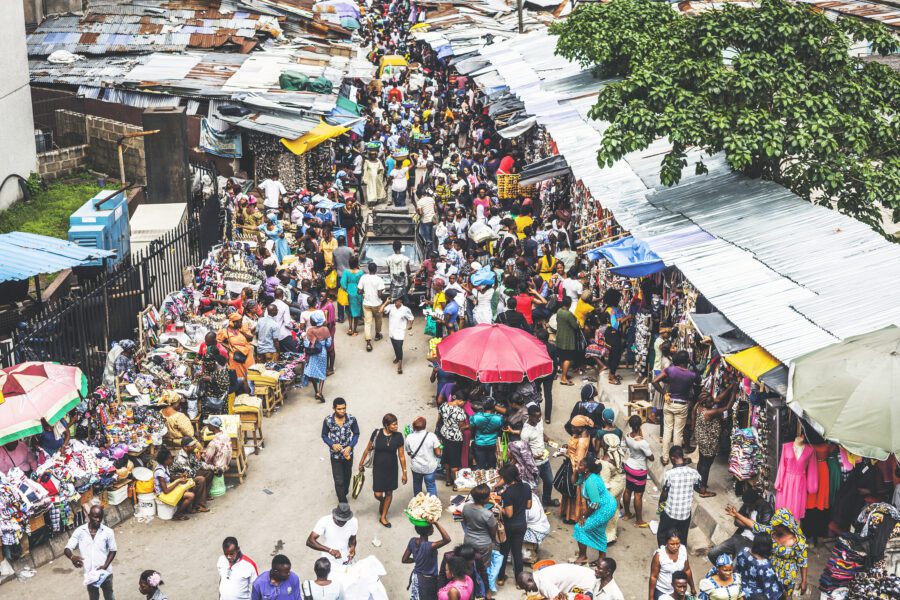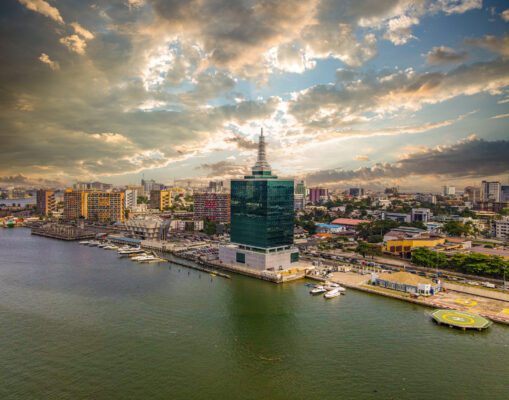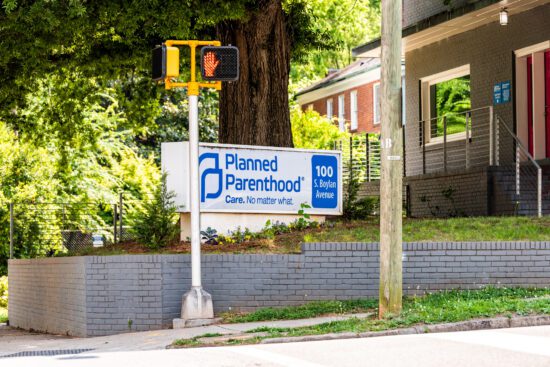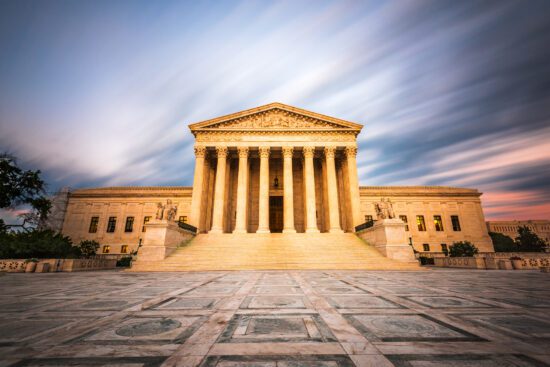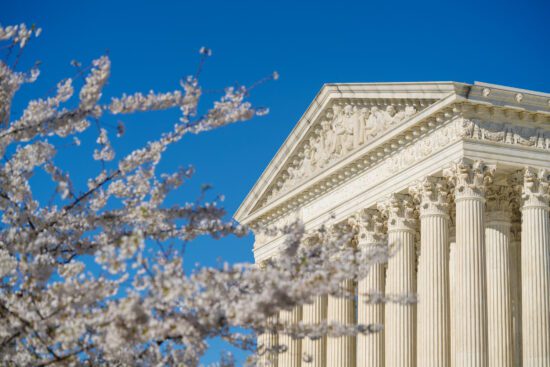Since 2021, the ERLC has advocated for the addition of Nigeria to the State Department’s list of Countries of Particular Concern (CPC) out of a desire to protect the religious liberty of Christians being persecuted in the region. Most recently, the ERLC has signed on to two letters sent to leadership in the House of Representatives asking them to approve legislation (H.Res.82) that would encourage the State Department to act.
What does “Country of Particular Concern” mean?
The International Religious Freedom Act (IRFA) of 1998 grants responsibility to the United States president (which has since been delegated to the secretary of state) to recognize nations that have “engaged in or tolerated particularly severe violations of religious freedom.” Such countries receive the designation of “Country of Particular Concern,” which officially acknowledges the nation as a place in which practitioners of certain faiths face imminent persecution.
Designating a nation as a CPC allows the president to undertake certain actions that call attention to religious liberty violations, putting pressure on nations to take immediate steps toward advancing religious freedom.
It also places upon the American president the responsibility to consult with foreign governments, humanitarian organizations, and with interested parties within the U.S. to determine what sort of action should be taken. After doing so, the president may take measures against the CPC, including:
- public condemnation,
- the delay or cancellation of official visits to the CPC, and
- the delay or cancellation of various exchanges of information and goods.
Additionally, the president, under IRFA, must do at least one of the following:
- Withdraw, limit, or suspend U.S. development assistance in accordance with Section 116 of the Foreign Assistance Act of 1961.
- Direct American foreign trade and investment corporations not to approve the issuance of any guarantees, insurance, extensions of credit, or participation in the extension of credit with respect to any entity or official found or determined by the president to be responsible for violations.
- Withdraw, limit, or suspend U.S. security assistance in accordance with the Foreign Assistance Act of 1961.
- Consistent with section 701 of the International Financial Institutions Act of 1977, direct the U.S. executive directors of international financial institutions to oppose and vote against loans primarily benefiting the specific foreign entity or official found or determined by the president to be responsible for violations.
- Order the heads of the appropriate U.S. agencies limit or not to issue any specific licenses, and not to grant any other specific authority, to export any goods or technology to any entity or official found or determined by the president to be responsible for violations.
- Prohibit any U.S. financial institution from making loans or providing credits $10,000,000 in any 12-month period to any entity or official found or determined by the president to be responsible for violations.
- Prohibit the U.S. government from procuring, or entering into any contract for the procurement of, any goods or services from the entity or officials found or determined by the president to be responsible for violations.
The Department of State maintains the CPC list to highlight international abuses of religious freedom. However, the failure of the secretary of state to designate Nigeria as a CPC demonstrates dangerous oversight on the part of the Department of State.
The U.S. Commission on International Religious Freedom (USCIRF) has recommended that Nigeria be added as a CPC since 2009, and in 2020, Secretary of State Mike Pompeo did so. In 2021, Secretary of State Antony Blinken removed Nigeria from the list of CPCs. The Department of State has presented no clear reason as to why Nigeria would be removed from the list, despite the fact that during the brief period in which the Department of State recognized Nigeria as a CPC, conditions of religious freedom actually worsened. Since that time, USCIRF has continued to recommend that Nigeria be designated as a CPC to no avail.
Why should Nigeria be a Country of Particular Concern?
In recent years, Nigeria has been recognized as one of the nations in which it is most dangerous to practice Christianity.
- Since 2009, over 17,000 churches have been burned or attacked.
- Additionally, in 2022, over 5,000 Nigerian Christians were killed for their faith.
- In 2023, an average of 13 Christians were killed daily.
Believers in the northern states of Nigeria are particularly vulnerable, as Islamic militant groups such as Boko Haram and Islamic State in West African Province (ISWAP) frequently operate in these areas. In addition, 12 Nigerian states have adopted Shari’a law into their criminal legislation, which grants to Shari’a courts the legal authority to preside over criminal cases. These states also have laws that criminalize conversion to Christianity and blasphemy laws that severely restrict the rights of Christians to speak freely about their faith without fear of criminal punishment, as well as threatening the freedom of other Muslims.
2023 Christmas violence
Beginning on Dec. 23, 2023, Islamic extremists among Fulani herdsmen began a series of coordinated attacks on 37 Christian villages in the Plateau State. Extremists stormed villages, gunning down families and burning their homes and farmland, killing at least 160 Christians and injuring at least 300 more. In addition, there are reports of eight churches being burned and over 15,000 people being internally displaced.
These incidents are a gruesome display not only of vicious anti-Christian persecution but also of unwillingness on the part of the Nigerian government to pursue justice on behalf of persecuted Christians. As it stands, a few of the perpetrators of this attack have been arrested and none have been prosecuted. USCIRF emphasized this in a report, stating that the Nigerian government has “routinely failed to investigate these attacks and prosecute those responsible, demonstrating a problematic level of apathy on the part of state officials.”
What can Southern Baptists do about Countries of Particular Concern?
Southern Baptists share the conviction that religious freedom is an essential right and must be maintained uninfringed for people of all religions. The Baptist Faith & Message 2000 clearly articulates that all men have the “right to form and propagate opinions in the sphere of religion without interference by the civil power.” Our convictions also lead us to prayer. The persecution of Christians in Nigeria is a grievous evil and a clear example of egregious harm to vulnerable people.
The ERLC will continue to advocate for this designation to be made by the State Department as well for the passage of H.Res.82 which expresses the sense of Congress that Nigeria should be designated as a CPC.



